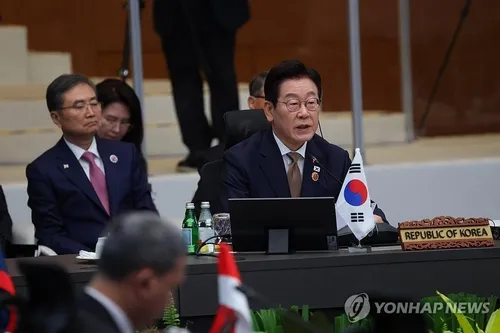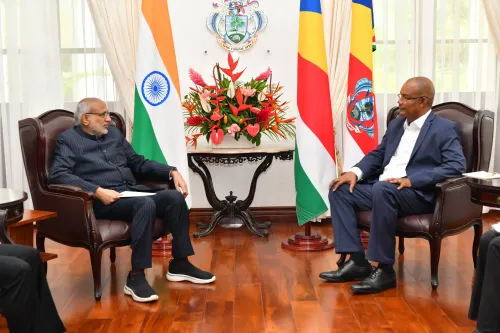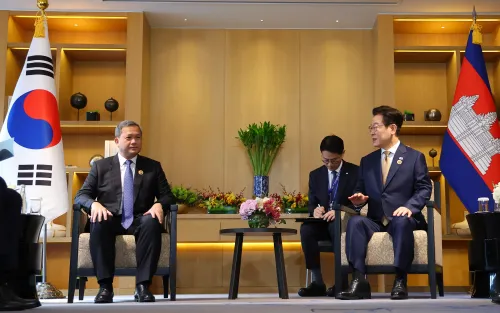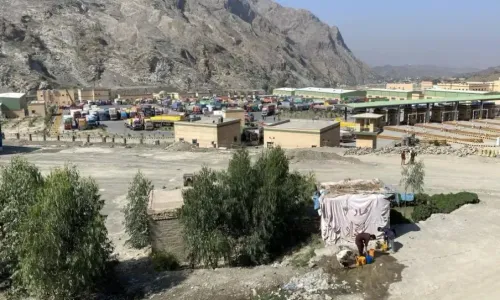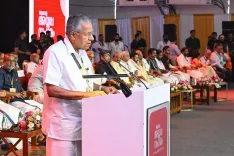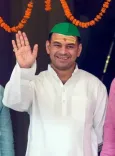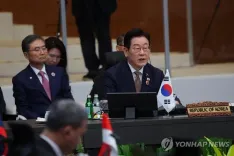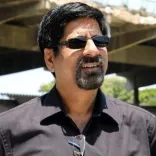Is Yunus Losing His Grip on Power in Bangladesh?
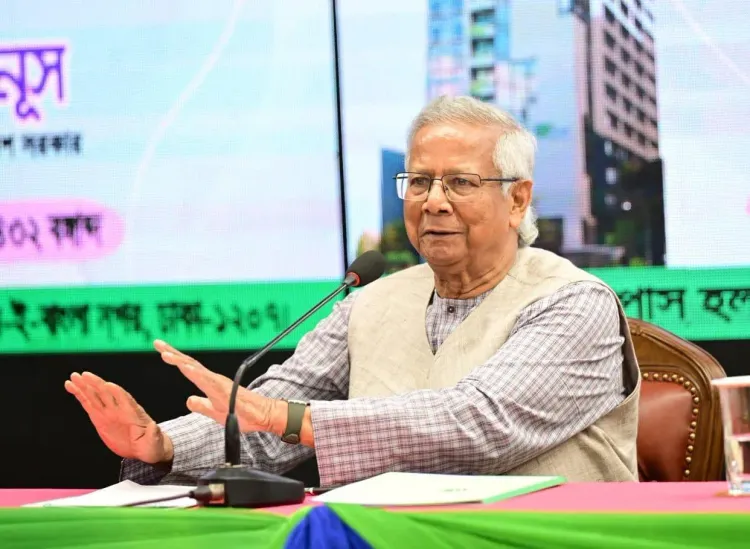
Synopsis
Key Takeaways
- Bangladesh is experiencing significant political turmoil.
- The Bangladesh Army and Yunus regime are at odds over election conduct.
- Calls for resignation are mounting amid unrest.
- The proposed Rakhine Corridor raises sovereignty concerns.
- Yunus faces criticism for his handling of extremist groups.
New Delhi: Bangladesh is poised for a challenging phase ahead, given the ongoing turmoil. Recently, the government led by Muhammad Yunus has faced numerous hurdles, notably concerning the nation's consolidated military forces. The Chief of Army Staff (COAS) General Wakar-uz-Zaman addressed officers on Wednesday (May 21) amid rising tensions between the Bangladesh Army and the Yunus administration regarding elections, law and order, and the controversial establishment of a Humanitarian Corridor to Rakhine State in Myanmar.
The proposed ‘Rakhine Corridor’ has sparked significant debate in Bangladesh, with Zaman emphasizing that the Bangladesh Army will not permit anything that jeopardizes the country's sovereignty and geographical integrity.
Amid escalating political unrest, Yunus has reportedly contemplated resigning from his position. During a meeting at the Chief Advisor's Jamuna State Guest House on Thursday evening, Yunus voiced his dissatisfaction, stating he had no intention to continue and wished to step down.
Student leaders turned political figures like Nahid Islam, Mahfuz Alam, and Asif Sajib Bhuyian engaged in private discussions with Yunus, who articulated concerns that the Bangladesh Nationalist Party (BNP), controlling the judiciary, administration, and street power, accused him of postponing elections. Yunus expressed reluctance to conduct a partisan election under these circumstances, favoring one party for governance.
According to BNP standing committee member Khandaker Mosharraf Hossain, the party has called for the dismissal of interim government advisors, including Asif Mahmud, Shojib Bhuyain, Mahfuj Alam, and Khalilur Rahman, the National Security Advisor.
The party emphasized that to maintain the neutrality of the interim government, these advisors must be relieved of their roles.
Analysts contend that Yunus is evading critical issues and appears to be stalling the General Election process. Lacking a democratic mandate, Yunus, supported by student advisors and pro-Pakistan hardline Islamist factions, is endangering Bangladesh's political landscape under the guise of pursuing reforms.
“Without a political mandate, Yunus is regressing on democracy and reforms, increasingly suppressing opposition parties, stifling dissent, imposing media restrictions, and backing hardline pro-Pakistan, pro-Islamist groups, including Jamaat,” stated one official.
The recent moves by Yunus's government portray a more intricate and alarming scenario.
Experts suggest there is a concealed effort to legitimize a sectarian extremist coalition masquerading as democracy. The radical Islamists' primary aim, including Jamaat and its allies, is to sustain Yunus in power at any cost, as he represents their only chance of re-entering the state apparatus.
However, observers believe that Yunus' aspirations of maintaining power are swiftly disintegrating.
Under Yunus's leadership, Dhaka has discreetly facilitated the release of individuals linked to some of the most dangerous militant groups in South Asia, including Jamaat-ul-Mujahideen Bangladesh (JMB), Harkat-ul-Jihad-al-Islami (HuJI), Ansarullah Bangla Team (ABT), and Hizb-ut-Tahrir.
These organizations are not only blacklisted by the Bangladeshi state but also by international counterterrorism frameworks. “Politically immature” Yunus has released hundreds of ideologically committed militants, many of whom retain digital access, sleeper network connections, and sympathizers, risking the revival of dormant extremist cells, not just in Bangladesh but also in India's vulnerable northeast.
“Yunus is not independent but beholden to the West and pro-Pakistan radical Islamists. It may be preferable to envision Bangladesh without Yunus, who is overly reliant on a small circle and Western backing. Many of his current actions have deeply divided Bangladeshi society. It is beyond his capability to manage Bangladesh,” remarked one analyst.
(The author is a specialist in South Asia and Eurasia. Previously associated with the Manohar Parrikar Institute for Defence Studies and Analyses. The opinions expressed are personal.)

